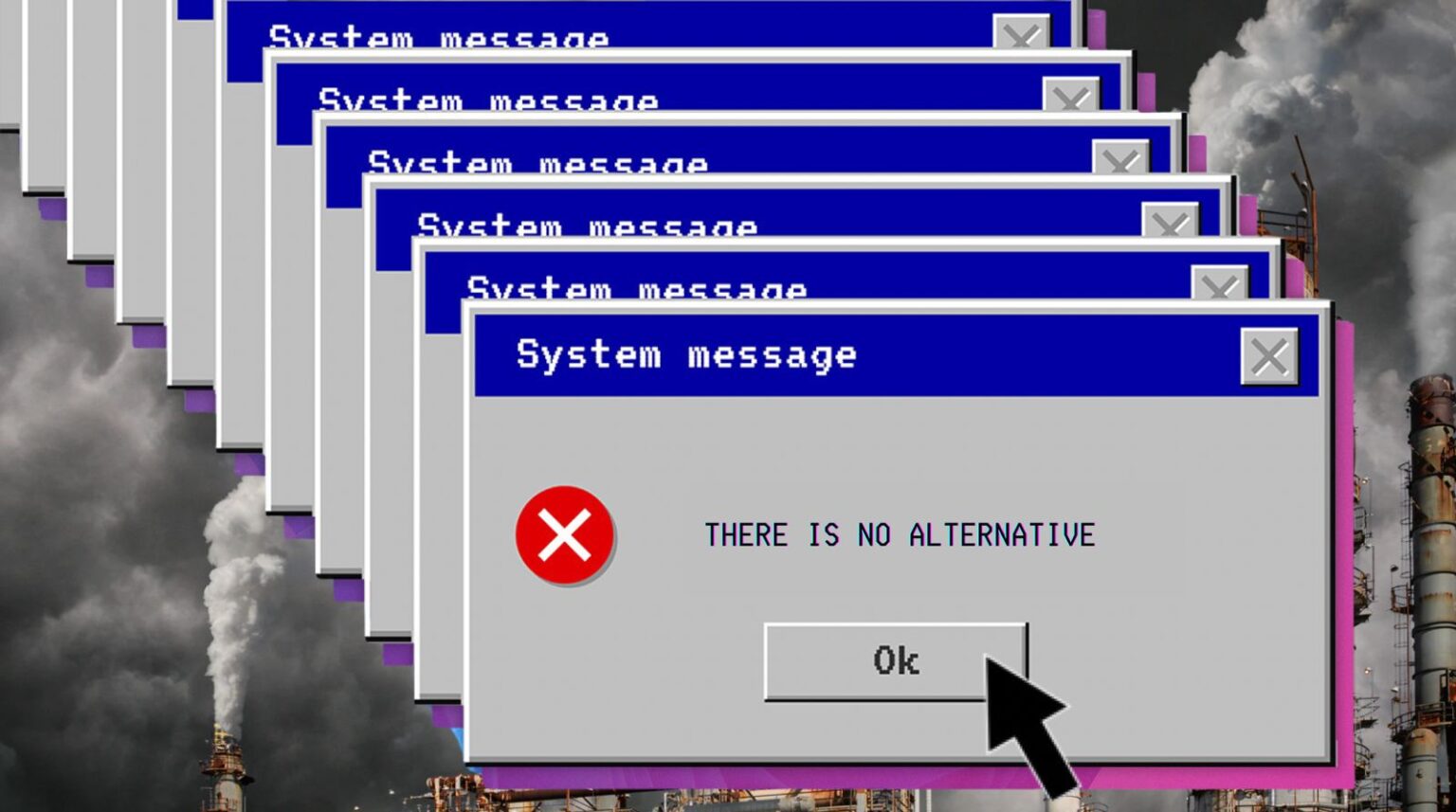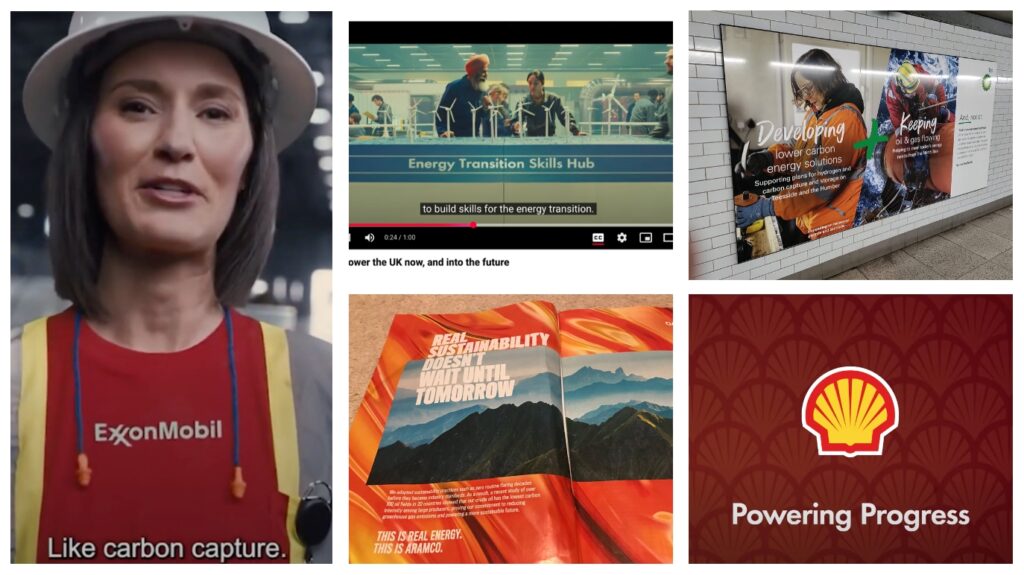Many were frustrated, justifiably, by Bill Gates’ ability to steal headlines ahead of this year’s just-concluded round of U.N. climate talks, COP30. Gates did so by telling the climate community, on his blog, what he believes is a ‘hard truth’: that we are ‘diverting resources from the most effective things that should be done to to improve life in a warming world,’ notably fighting poverty and disease, including by boosting economic growth. By focusing on limiting the rise in average global temperatures as the sole metric of success, climate advocates are missing opportunities to ‘prevent suffering, particularly for those in the toughest conditions who live in the world’s poorest countries.’
Gates’ October 28 post triggered a media storm over the subsequent three weeks, including throughout the two weeks of negotiations at COP30 in Brazil, which concluded on Saturday. The Guardian, Financial Times, and Time led early coverage; the Atlantic and the Nation kept it alive mid-summit; and by the final week, Foreign Policy and Le Monde were still running pieces.
But must we simply accept that a blogging billionaire can so easily steal airtime from true experts? Thankfully not.
We might even say that Gates skillfully hacked the international climate conversation, exploiting specific, correctable vulnerabilities. These stem from climate advocates’ hesitance to directly discuss threats posed by the crisis such as unprecedented famines and a ‘hothouse earth’ scenario, wherein runaway warming heats the planet by 4-5° C or higher, making life as we know it impossible. More open discussion of these and other threats can prevent further hacks, and does not have to overwhelm the public. As I discuss in a new report for the Climate Majority Project, candour can be combined with hopefulness by consciously building a sense of collective potential and mutual support.
To learn from the Gates incident, we must first examine his full message, briefly paraphrased below. The text in bold shows the key rhetorical strategies that Gates employed in his hack:
The climate movement must get past its doomsday mindset. The truth is this — climate change is bad but with the aid of technology we will contain it to reasonable levels (less than 3° C) and adjust to its consequences. That’s our only realistic option. We need to focus on lives, not tenths of a degree.
Put another way, the ‘hard truth’ that Gates wants to break to us is that our only option is the one corporations wanted all along: We can burn fossils until it stops making dollars and cents because technological breakthroughs will soon make green business profitable — and we can largely adapt to whatever damage we do.
But how was Gates able to make so much news? Here, I’ll examine the specific tendencies that Gates exploited, and how to prevent further narrative capture:
What Allowed the Hack:
The Use of Degrees as a Euphemism for Lives
Gates was right: Climate advocates do talk about degrees of heating more than lives. The reason for this isn’t an obsession with irrelevant metrics but fear that directly talking about potential deaths will overwhelm audiences. To protect them, advocates focus on temperature targets. Thus Gates can say “Why not worry about lives instead?” and sound reasonable.
The response: Discuss the human impacts of temperature rise directly, while creating the sense that rising concern will make action possible. This will allow direct communication to fuel motivation to act rather than overwhelm.
Tiptoeing Around Collapse
Many scientists say that even a 2° C rise could be enough to trigger a hothouse earth. A 3°C-rise may have a quite high chance of doing so. Few scientists want to guess, publicly, at the number of deaths that would result for fear of sounding ‘doomy’. The statements that researchers do venture (always in interviews, never in print) are frightening. This, by Johan Rockström, an esteemed earth scientist, is typical: “It’s difficult to see how we could accommodate eight billion people or maybe even half of that.” Such comments on ‘reduced carrying capacity’ — a euphemism for death and suffering on a staggering scale — still require the reader to do the final alarming calculation. Without this reticence to speak plainly about what’s really at stake, anyone who suggests we should calmly accept 2-3° C of warming would sound absurd.
The response: As a 2022 paper stated, the possibility for climate-induced “worldwide societal collapse…is a dangerously underexplored topic”. An intelligent debate clearly requires open discussion of direct and indirect deaths from worst-case scenarios given 2-3° C warming. Scientists and advocates can say, immediately, that such numbers are hard to find because they’re so alarming to talk about. Gates’ hack shows they are too important not to talk about.
Avoiding Adaptation
Climate advocates don’t talk enough about climate adaptation, which left another opening for Gates, who publicly “explained” to the climate community that dealing with inevitable chaos must be a focus. Of course this has been known for years. The adaptation era began as soon as it became impossible to stay below 1.5° C over-heating, the point when chaotic dangerous weather begins. But most climate advocates still haven’t clearly said this. So when Gates did assert that the adaptation era is here, he could pose as a truthteller.
The response: We can talk about adaptation in a way that addresses the other vulnerabilities as well. Preparing for climate chaos necessarily involves speaking in terms of lives and damage rather than degrees. Nevertheless, at the same time that we talk about climate threats, we can also consider what people can do in their communities in there and now. Recognising that we have agency to act makes discussions of the terrible harms the climate crisis will cause psychologically easier. It may even be that when more citizens (non-billionaires) consider what adapting to a 2.9° C temperature rise would actually entail, they may have a similar reaction to the Indigenous people who stormed COP30 to demand delegates took the devastation of their homelands into account. Such high heating would almost certainly mean the breakdown of the Atlantic currents that gently warm Europe, potentially plunging swathes of the continent into a semi-Siberian future. How many people want to adapt to that? Decarbonisation remains essential.
The Doomsday Dismissal
Gates attributed the depth of international climate concern to ‘doomsday mindsets’. Establishment messengers have often used the label ‘doomsayers’ to place ‘pessimistic’ opinions outside the bounds of respectability. Gates is now using this tactic on the established climate community itself.
It’s easy to dismiss millions of highly concerned people by comparing them to medieval hordes who, supposedly, were frequently swept up in apocalyptic fervour. But, as I wrote last week, history shows no clear examples of this. It’s basically a myth. Humanity’s current levels of alarm about the future are anything but historically normal — or irrational.
While the doomist label has often been applied to those who warned that entrenched power was influencing political action (making it less potent) and scientific consensus (making it less concerning). their past predictions don’t sound so crazy today. Who saw the breaking of the 1.5 °C target enshrined in the 2015 Paris Agreement coming as early as it has?
The Response: Climate advocates should recognise that doomsday dismissal is just a socially acceptable form of ‘argument by name-calling’ (ad hominem). It is actually irrational and has no place in sober discussion.
A Final Lesson
It’s time for an open conversation about deaths and damage, especially if we take the need to provide emotional support to people who are waking up to the severity of the climate crisis seriously. Such a frank conversation would actually give voice to the largely silent majority of people who share profound and rational concerns about the future of our climate system. This could make it clear that other options, besides what Gates proposes, are possible. In fact as the new report points out, successful responses to great threats (such as invasions) start when majorities intentionally accept ugly truth and the disturbing emotions that go with it. In doing so, they feel their power. Strategic (and deep) adaptation will only be able to save lives if we openly name the worst-case scenarios that we may have to face. Increased public understanding of these scenarios would help raise ambition by governments, companies and other actors. People can handle knowledge of threats if they feel that a credible response is possible. That — not avoidance of truth — is the best way to protect the public’s mindset.
Subscribe to our newsletter
Stay up to date with DeSmog news and alerts






